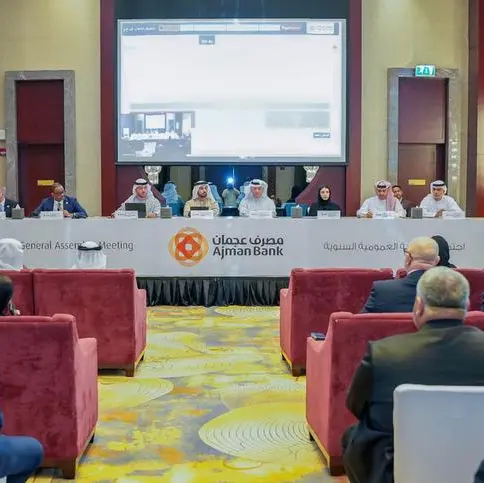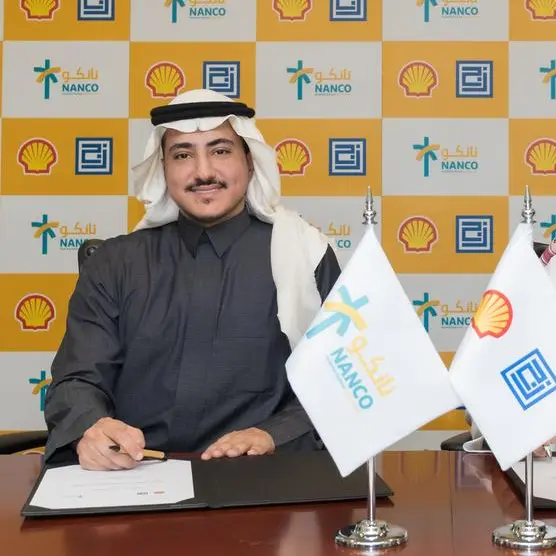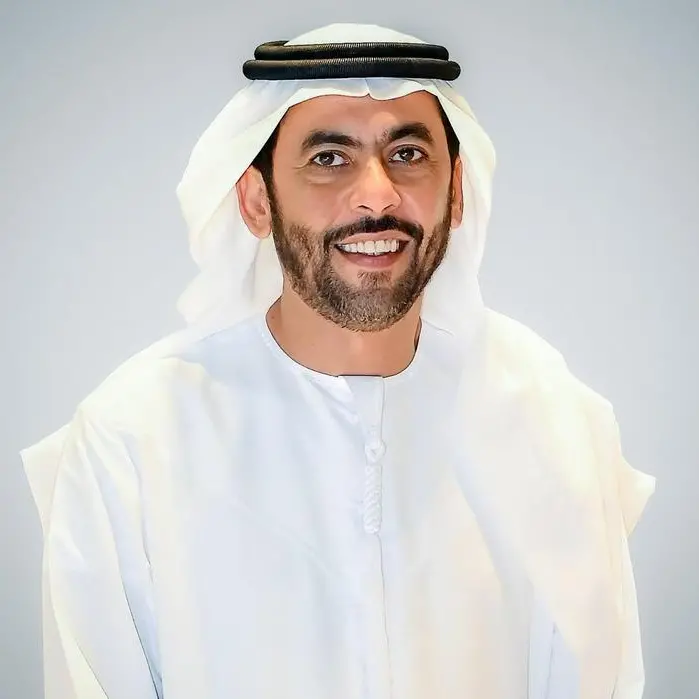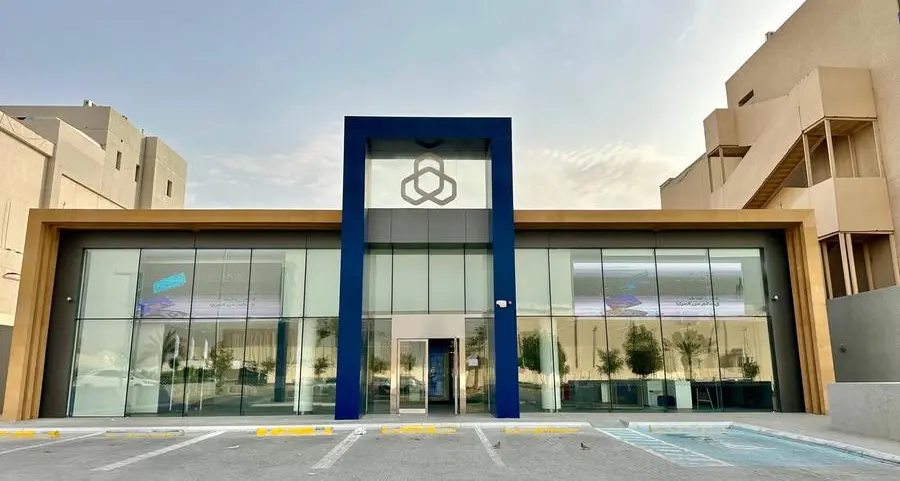Relentless attacks and threats against schools in the Central Sahel are driving alarming levels of stress among children in conflict-affected areas, with 53% saying they do not feel safe at school, reveals the Norwegian Refugee Council in a new report.
The report finds that conflict is having a heavy psychological impact on children, affecting their behaviour and learning capacity. Almost two-thirds (64%) of children reported having little to no hope for their future.
“The desire to learn should never be trumped by the need to hide,” says Marta Schena, Regional Education Specialist for the Norwegian Refugee Council. “These children have witnessed or endured multiple kinds of violence leading to chronic stress and trauma. It is our duty to help them rediscover the language of innocence, joy and curiosity.”
High level of stress leads children to underperform at school. Almost two-thirds (62%) of children reported being unable to concentrate and 9 out of 10 say they have issues dealing with their emotions. To cope, some children isolate themselves, no longer interacting with their peers or participating in class. Others express their stress through anger, aggression or panic attacks.
“It is clear that our children are stressed and anxious: some of them wake up at night because of nightmares, others cry erratically,” says Aanan, a parent representative from Tillabéri, Niger. Because armed groups often launch attacks on motorbikes, he says the mere sound of one triggers panic among some of the children. “When they hear the sound of motorbikes passing by, they immediately look for a place to hide.”
Widespread insecurity has also led over 5,500 schools to shut down in Mali, Burkina Faso and Niger, barring children from learning and leaving them without a much-needed support network.
Despite soaring needs, funding and support for the education sector trails behind in the humanitarian response. Only 6.5% of the education needs were covered in 2021 in Burkina Faso, and 7.9% in Niger, making it the least funded sector of the humanitarian response in both countries.
Schools can play an essential role in healing the psychological wounds of millions of children and help them regain a sense of normality. But first, they must become safe places again.
“We call on the governments, school administrations and the humanitarian community to urgently increase resources and appropriate training for teachers. We must ensure they are fully equipped to support children who have experienced trauma,” says Schena.
Facts and Figures:
- For this assessment, NRC interviewed 641 children (354 girls and 287 boys) from 6 to 14 years old in 19 schools in Burkina Faso, Mali and Niger.
- 53% of the children don’t feel safe inside the school.
- 62% of them cannot concentrate when doing schoolwork.
- 64% of the students have little to no hope in the future.
- 72% of children are in need of additional school support.
- 67% of children are in need of additional support from their family members.
- 91% of children have low self-regulation/awareness skills.
© Press Release 2021
Disclaimer: The contents of this press release was provided from an external third party provider. This website is not responsible for, and does not control, such external content. This content is provided on an “as is” and “as available” basis and has not been edited in any way. Neither this website nor our affiliates guarantee the accuracy of or endorse the views or opinions expressed in this press release.
The press release is provided for informational purposes only. The content does not provide tax, legal or investment advice or opinion regarding the suitability, value or profitability of any particular security, portfolio or investment strategy. Neither this website nor our affiliates shall be liable for any errors or inaccuracies in the content, or for any actions taken by you in reliance thereon. You expressly agree that your use of the information within this article is at your sole risk.
To the fullest extent permitted by applicable law, this website, its parent company, its subsidiaries, its affiliates and the respective shareholders, directors, officers, employees, agents, advertisers, content providers and licensors will not be liable (jointly or severally) to you for any direct, indirect, consequential, special, incidental, punitive or exemplary damages, including without limitation, lost profits, lost savings and lost revenues, whether in negligence, tort, contract or any other theory of liability, even if the parties have been advised of the possibility or could have foreseen any such damages.



















